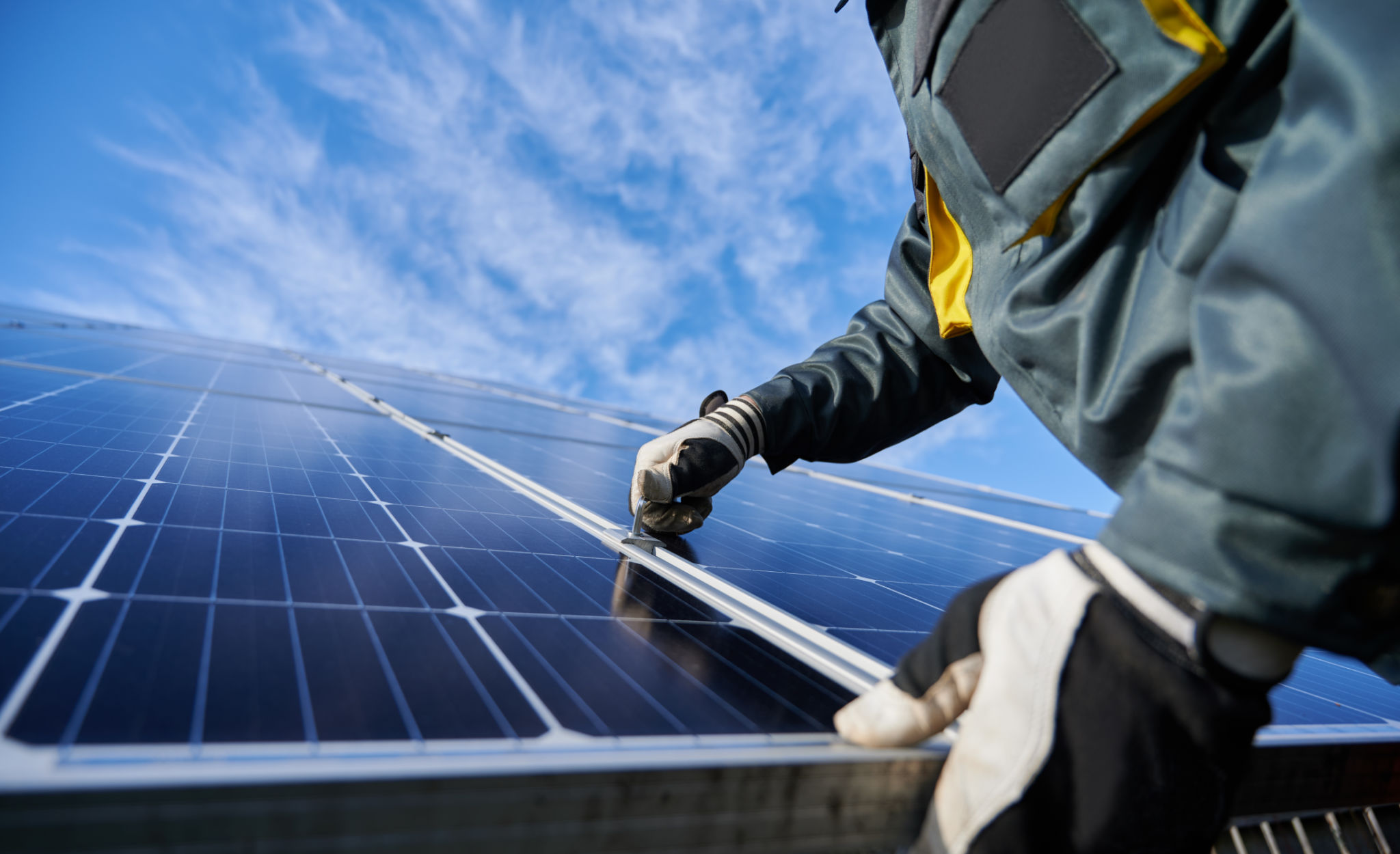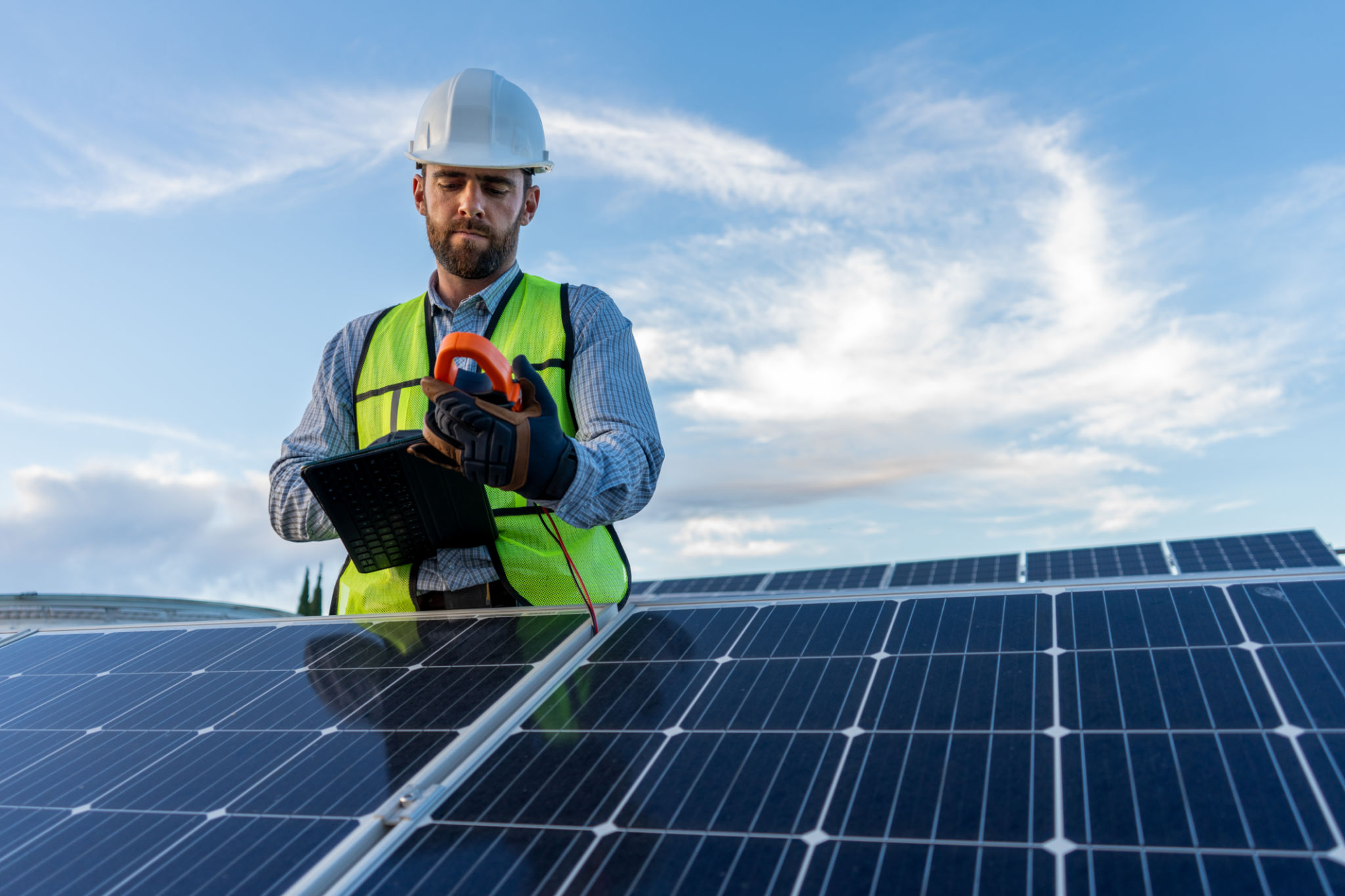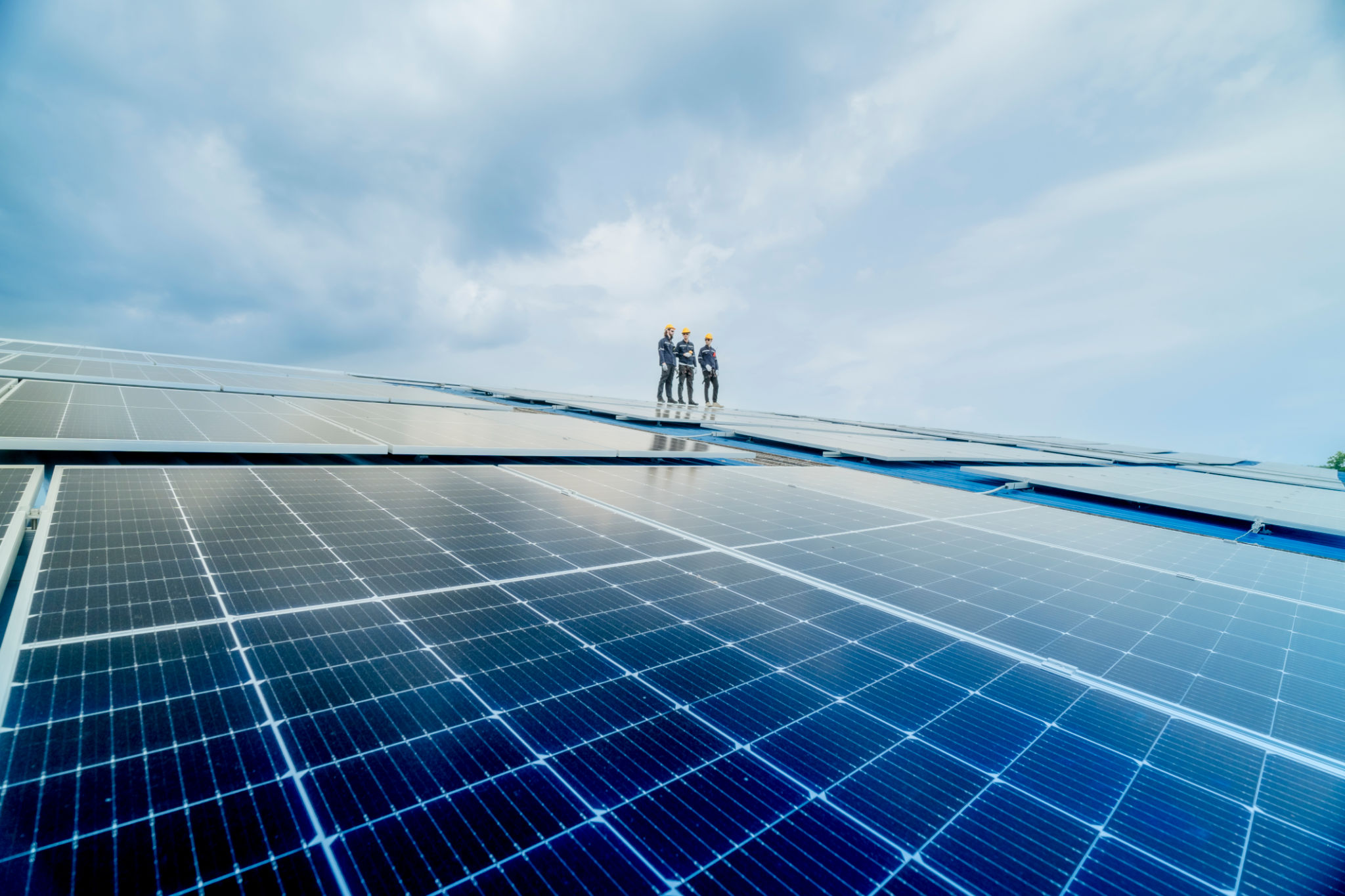A Comprehensive Guide to Solar Installation for Charleston Residents
Understanding Solar Power: The Basics
Solar power harnesses the energy of the sun to generate electricity, offering a sustainable and environmentally friendly alternative to traditional energy sources. For Charleston residents, solar power can reduce electricity bills and increase energy independence, making it an attractive option for homeowners. By converting sunlight into electricity through photovoltaic (PV) panels, solar systems can power everything from household appliances to electric vehicles.

Before diving into the installation process, it's essential to understand the components of a solar power system. A typical solar setup includes solar panels, an inverter, a mounting system, and batteries for energy storage. Each component plays a crucial role in capturing and converting solar energy efficiently.
Benefits of Installing Solar Panels in Charleston
Charleston is blessed with abundant sunshine, making it an ideal location for solar energy generation. By installing solar panels, residents can significantly reduce their carbon footprint and contribute to a cleaner environment. Moreover, the financial incentives available for solar installations make it even more appealing. Homeowners can benefit from federal tax credits, state rebates, and net metering programs that allow them to earn credits for excess energy produced.

Switching to solar energy can also enhance your property's value. Studies show that homes equipped with solar panels tend to sell faster and at higher prices compared to those without. This added value, along with the savings on utility bills, makes solar installation a smart long-term investment.
Steps to Solar Installation
1. Site Assessment and Design
The first step in the solar installation process is conducting a thorough site assessment. A professional installer will evaluate your property's sun exposure, roof condition, and energy needs to design an optimal system. This assessment ensures that you get the most efficient and cost-effective setup tailored to your home.

2. Permitting and Approvals
Once the design is finalized, the next step involves obtaining the necessary permits and approvals. This process can vary depending on local regulations in Charleston, but your solar provider will handle the paperwork and ensure compliance with all requirements.
3. Installation and Connection
The actual installation involves mounting the panels on your roof or property and connecting them to your home's electrical system. The process typically takes a few days, depending on the system's size and complexity. After installation, the system must be inspected and approved before it becomes operational.

Choosing the Right Solar Provider
Selecting a reputable solar provider is crucial for a successful installation. Look for companies with a proven track record, positive customer reviews, and comprehensive warranties. A reliable provider will offer ongoing support and maintenance services to ensure your system operates efficiently for years to come.
By understanding the benefits and steps involved in solar installation, Charleston residents can make informed decisions about transitioning to renewable energy. Going solar not only helps save money but also contributes to a more sustainable future for the community.